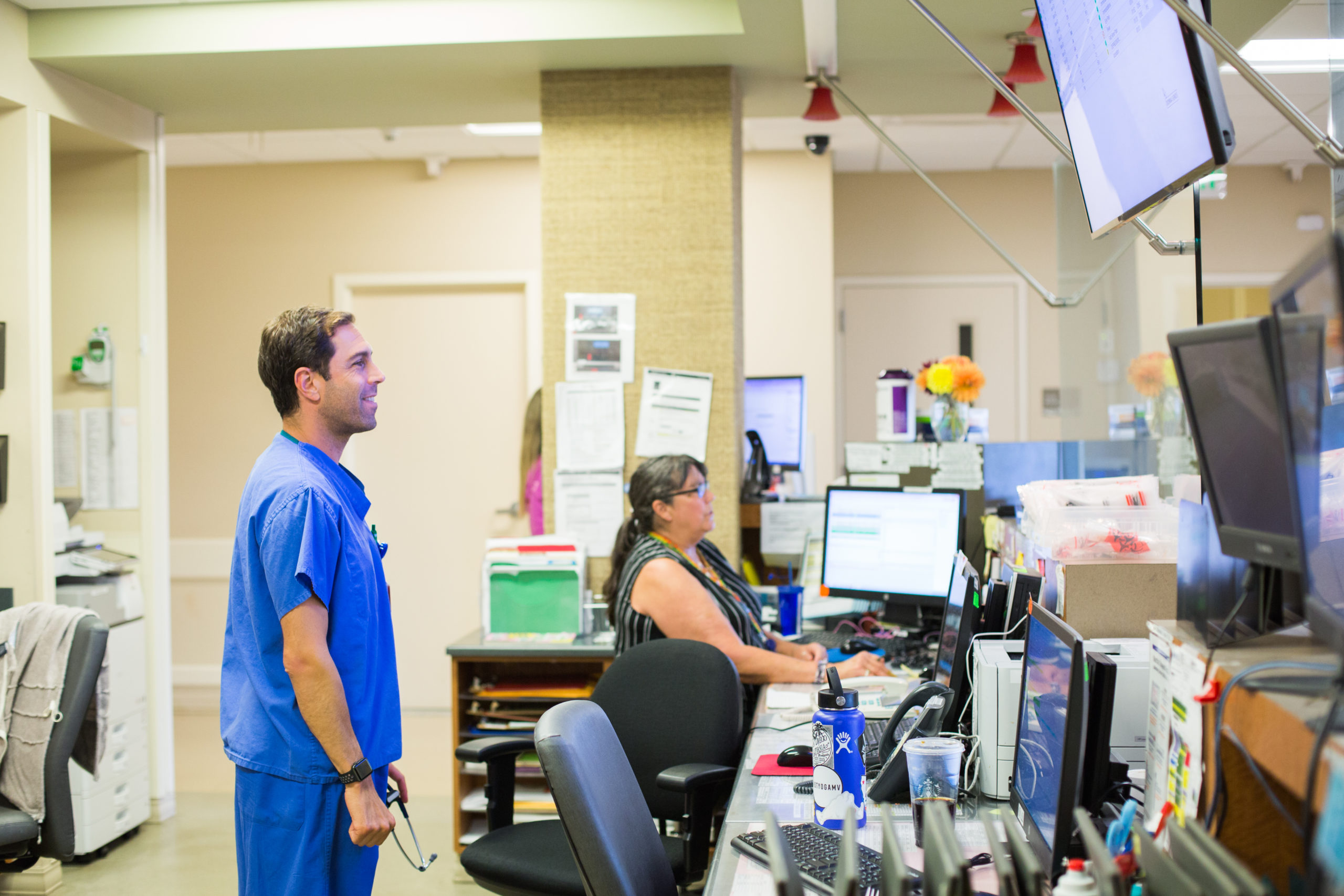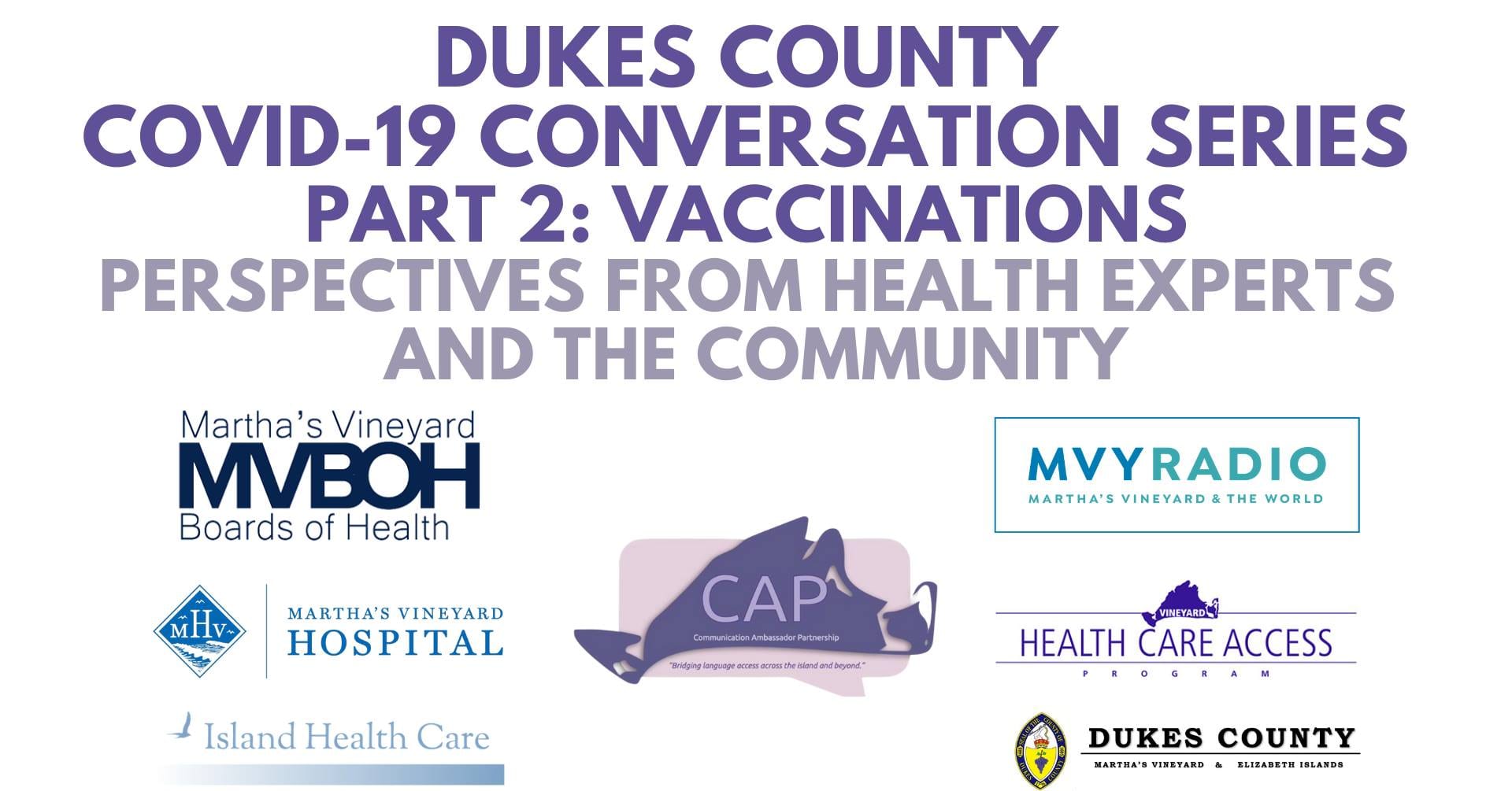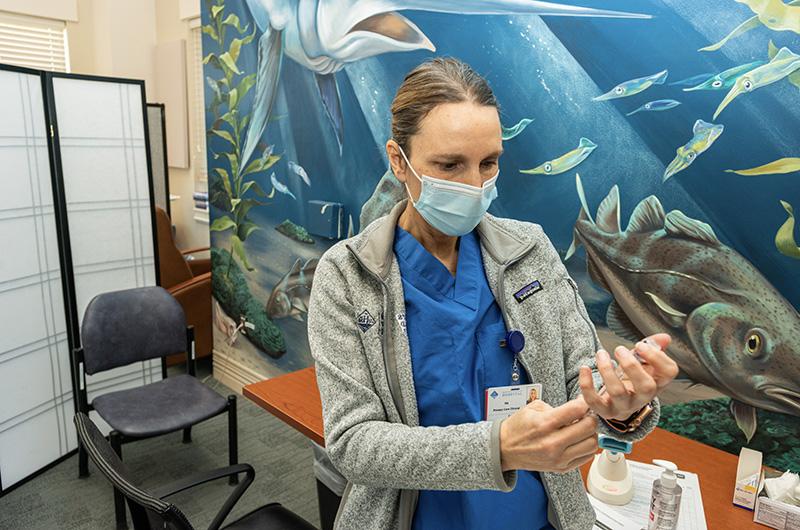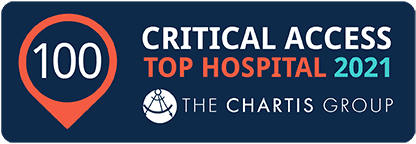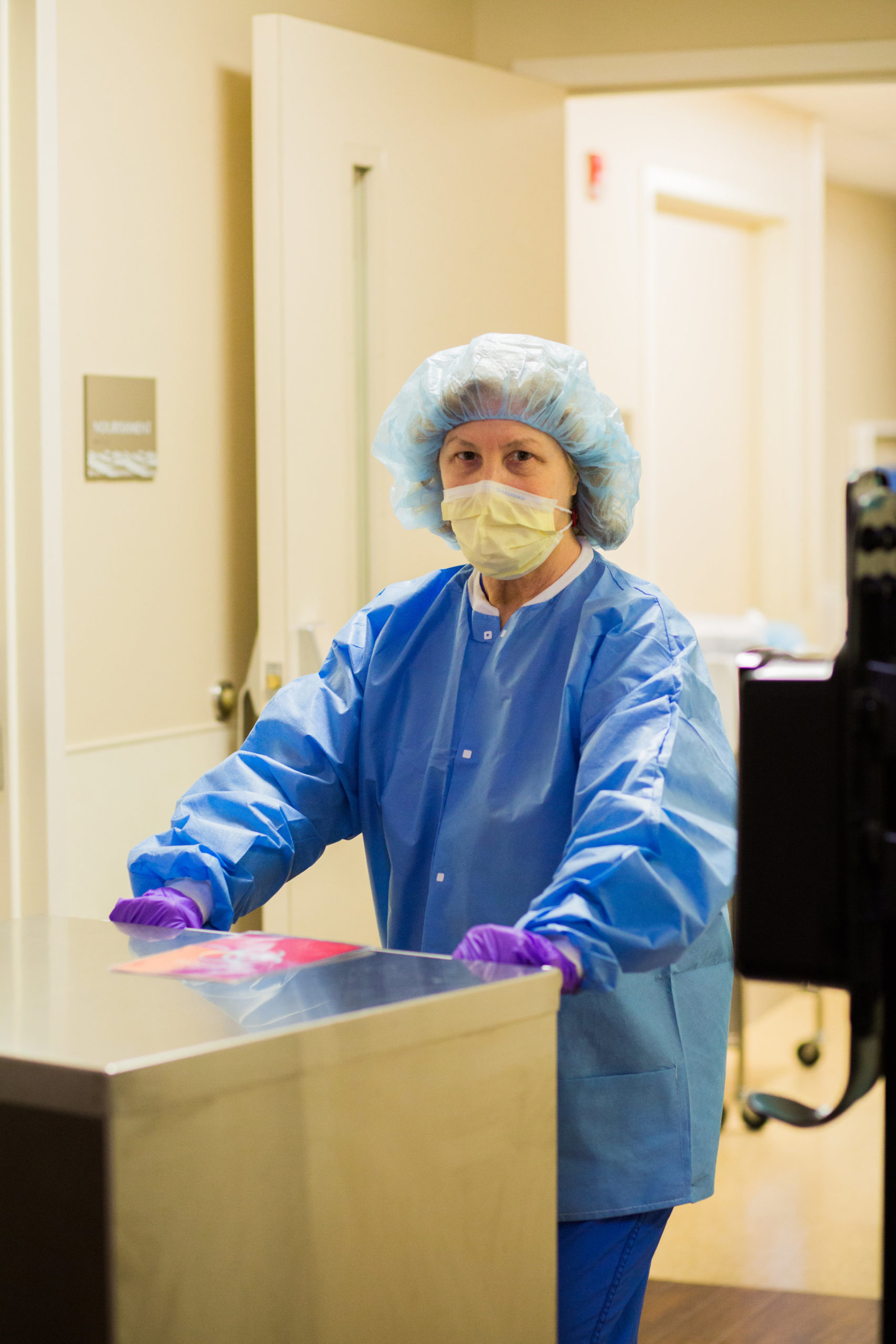Additional information about Anesthesia
Fasting Before Surgery/Procedure
- Do not eat or drink after midnight before your surgery/procedure. No candy, cough drops, breath mints, or chewing gum the day of surgery/procedure.
- Do not take any anti-inflammatory drugs one (1) week before surgery/procedure. These include (Ibuprofen, Motrin, Advil, Daypro, Aleve, Naprosyn, Naproxen, etc). If you need pain medication, it is OK to take Tylenol.
- Stop taking Vitamin E, and all herbal supplements (including fish oil) (one) 1 week before surgery/procedure.
Do Not Take Morning of Surgery/Procedure
- Any vitamins, minerals, potassium, calcium supplements, or over-the-counter medicines
- Oral diabetes medications (Glipizide, Glyburide, Metformin, Rosilitazone, Actos, Glucotrol, Avandia, Glucophage, etc).
Do take morning of Surgery/Procedure (with a sip of water)
- Medicines or inhalers for asthma or emphysema
- Medicines for acid reflux or GERD or hiatal hernia
- Eye drops for glaucoma
- Blood pressure medicines
Additional instructions:
- Bring your inhalers to the hospital on the day of surgery/procedure.
- Bring your CPAP machine, mask, and necessary hoses to the hospital on the day of surgery/procedure.
Do Take Morning of Surgery/Procedure (with a sip of water)
- Medicines or inhalers for asthma or emphysema
- Medicines for acid reflux or GERD or hiatal hernia
- Eye drops for glaucoma
- Blood pressure medicines
Additional instructions:
- Bring your inhalers to the hospital on the day of surgery/procedure.
- Bring your CPAP machine, mask, and necessary hoses to the hospital on the day of surgery/procedure.
Additional instructions
- Bring your inhalers to the hospital on the day of surgery/procedure.
- Bring your CPAP machine, mask, and necessary hoses to the hospital on the day of surgery/procedure.

Get the Facts
Did You Know?
283
Boston MedFlight trips took place from MVH in 2019; all thanks to our partnership with Massachusetts General Hospital and Mass General Brigham.

